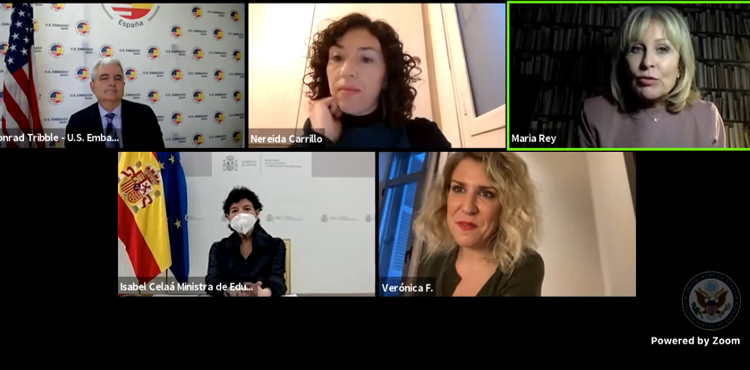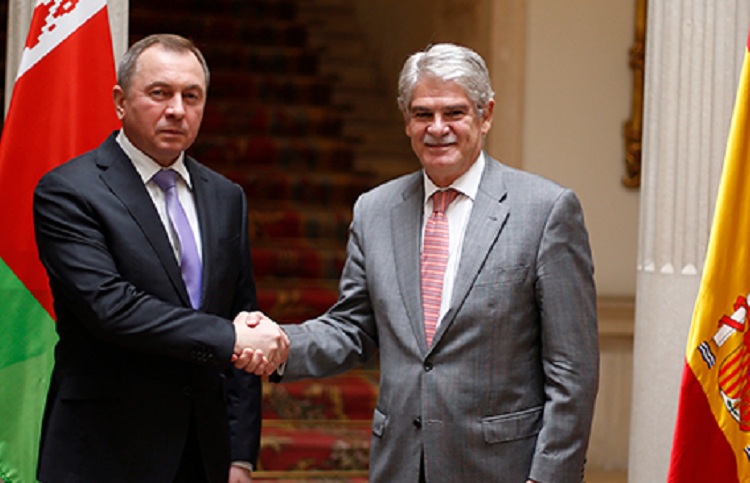Eduardo González
The charge d’affaires of the US Embassy in Spain, Conrad Tribble, warned yesterday against the “dangers” of disinformation, a “threat against democracy” that in his own country “made doubt something as fundamental as the legality and legitimacy of some electoral results”.
“Knowing how to distinguish between authentic and false information is as important for young people as knowing math or language”, said Tribble during his participation in the virtual launch event of Learn to Check, the first web platform focused on training against disinformation, media education and digital verification training.
“Fighting disinformation is essential for the future of democracy and from the Embassy we have been working for months, almost two years, on this issue, helping to raise awareness in society, especially among young people, about the threats of disinformation and the need to promote media education”, he continued during the event, organized by the U.S. Embassy and the Association of Political Communication (ACOP).
“We all know the dangers of misinformation and recently we have seen it even in my own country,” he reminded. “We value freedom of the press and freedom of expression, but disinformation can cast doubt on a fundamental issue such as the legality and legitimacy of election results and can even induce violence, which is a threat to democracy”, he added.
At the same meeting, the Minister of Education and Vocational Training, Isabel Celaá, warned that the spread of false news “has multiplied with the pandemic” and has contributed to create “a parallel pandemic that experts call infodemic, because disinformation is a virus that is also contagious”. “It is very important that young people know how to distinguish between contrasted facts and simple opinions” because “the deliberate production of confusion opens cracks in democratic institutions”, she said. “The good health of democracy depends in large part on the good health of the media” and, therefore, “the media must also know how to defend themselves against false news”, she added.
For her part, María Rey, journalist of Telemadrid and vice-president of the Press Association of Madrid (APM), affirmed that “hoaxes can only be fought with journalism” because “journalists have a responsibility, information that can be contrasted and we use sources that are normally identified”, unlike social networks, which spread news “that nobody knows where they come from or who is telling them”. However, she admitted, “the media also have their responsibility” in this problem due to the growing tendency of journalists to try to get ahead of social networks and to “tell things quickly rather than telling them well”.
Nereida Carrillo, journalist and promoter of Learn to Check, assured that “63% of Spaniards are worried because they do not know how to discern between true and false on the Internet and two out of every three doctors have attended consultations with patients who have asked them questions about treatment for COVID without any scientific basis”. For this reason, she added, the platform wants to “solve the problem of misinformation with education, trying to make the knowledge to access contrasted information available to everyone”. Finally, the president of ACOP, Verónica Fumanal, denounced that the phenomenon of disinformation “is an absolute evil for our democracies and for a system based on the right of all citizens who go to the polls to do so with accurate information”.







